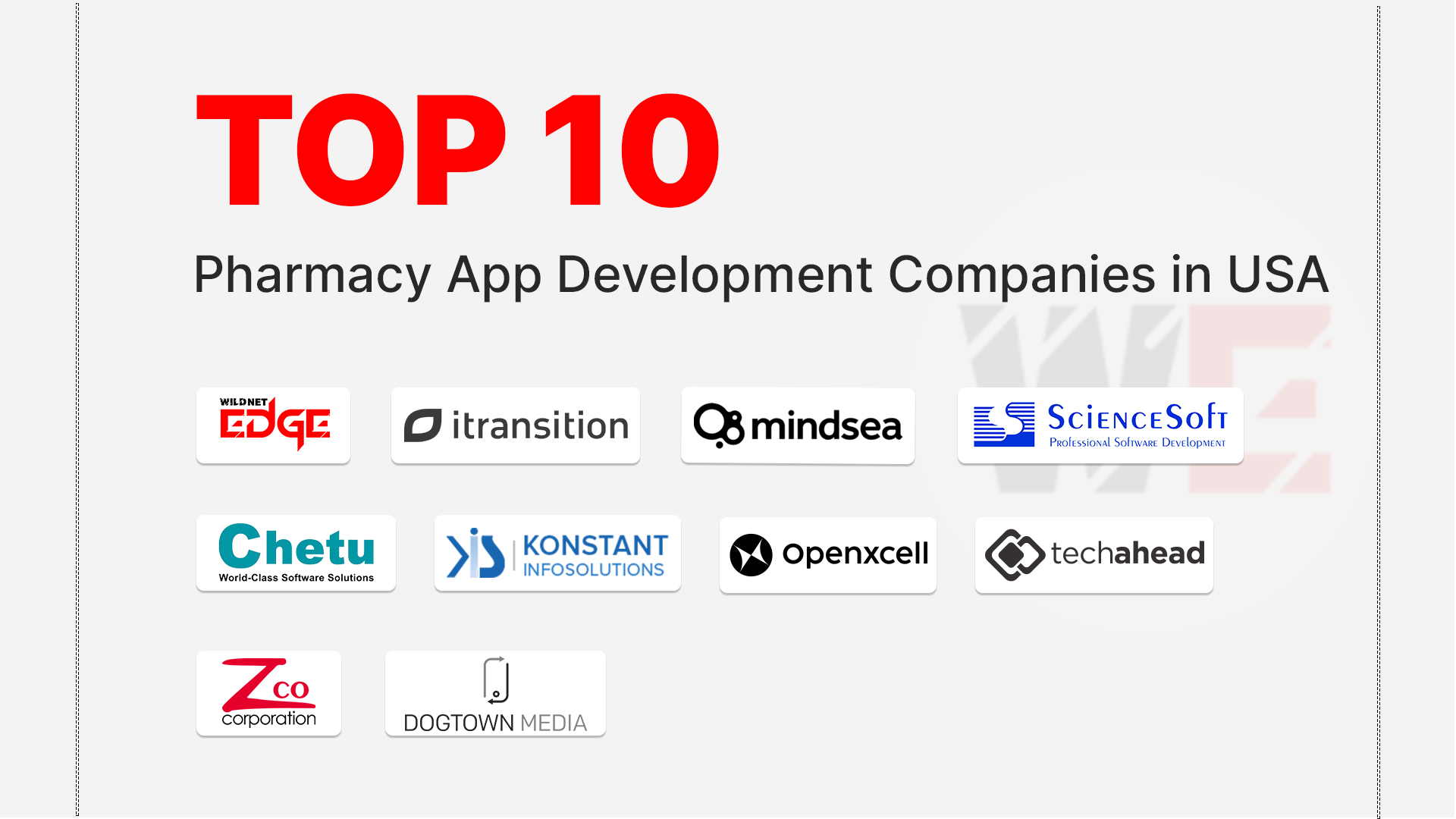Are you overwhelmed by juggling customer relationships, sales inquiries, and team coordination? As a small business, you wear many hats, and the challenge of maintaining effective customer relationships can feel like a heavy burden. Enter Salesforce small business solutions — a powerful ally in your quest for customer-centric success. How can your team grow without the right tools? The answer lies in adopting a robust SMB CRM that not only meets your immediate needs but also scales with your growth. Emphasizing the significance of implementing an effective CRM system can set the foundation for a thriving business, allowing you to focus on what you do best while leveraging technology to enhance productivity and customer satisfaction.
Understanding SMB CRM and Its Importance
What is SMB CRM?
At its core, an SMB CRM (Small and Medium Business Customer Relationship Management) system like Salesforce is designed to help small businesses manage relationships and interactions with current and potential customers. Unlike standard CRM systems, which may be tailored for larger enterprises, SMB CRM focuses on the unique needs and challenges faced by small businesses. It generally includes core functionalities such as contact management, sales tracking, customer support, automating marketing tasks, and reporting analytics.
Being user-friendly is crucial, as small business teams typically have limited resources and may lack extensive training. SMB CRM systems are built to be quickly adopted, offering intuitive interfaces and easy setup processes. By integrating various functionalities in one platform, Salesforce enables small businesses to maximize efficiency and focus on cultivating powerful customer relationships that drive sales.
Why SMB CRM Matters for Small Businesses
Small businesses often grapple with specific needs that distinguish them from larger organizations, such as limited budgets, fewer employees, and a desire for personalized customer interactions. An SMB CRM can cater to these requirements, providing customer insights that lead to improved service and nurturing targeted marketing campaigns.
For example, a small business using Salesforce’s SMB CRM can track customer interactions and gather data to segment their audience effectively. By understanding individual customer needs, businesses can engage in tailored communications, resulting in improved customer satisfaction and loyalty. Studies indicate that businesses implementing effective CRM systems see a marked increase in sales productivity, with some reporting up to 41% improvement in revenue per salesperson.
In summary, adopting an SMB CRM like Salesforce is not just about organizing customer data; it’s about reshaping the way small businesses interact with their clients and facilitating growth through better decision-making and faster response times.
Key Features of Salesforce Small Business Solutions
Essential Tools for Small Businesses
Salesforce offers a suite of essential tools tailored for small businesses looking to boost their operational efficiency. Some key features include:
- Contact Management: Easily track customer profiles, history, and preferences to provide a personalized experience.
- Sales Pipeline Management: Visualize and manage your sales processes more efficiently to maximize conversions.
- Marketing Automation: Automate email campaigns and social media marketing to engage customers effectively without overwhelming your team.
- Reporting and Analytics: Gain real-time insights into performance metrics to make data-driven decisions.
- Mobile Access: Stay connected on the go with Salesforce’s mobile app, enabling updates and interactions from anywhere.
Additionally, Salesforce’s user-friendly interface allows small businesses to customize various aspects of their CRM environment, adapting features according to their particular needs. This level of flexibility is essential for small businesses that may need to pivot quickly in response to market changes.
Increased Collaboration and Communication
Another critical aspect of Salesforce small business solutions is the emphasis on collaboration and communication. The platform provides integrated features that foster teamwork within small businesses, ensuring that everyone is on the same page regarding customer interactions and sales efforts.
For instance, Salesforce Chatter enables real-time communication among team members, allowing users to share key updates, files, and feedback. The collaborative tools also include task assignment and calendar synchronization features, ensuring that critical tasks are not overlooked and deadlines are met efficiently. Solutions like these help break down silos within the organization, enhancing teamwork and ultimately improving customer service.
Real-World Success Stories with Salesforce
Case Studies of Small Businesses
Several small businesses have successfully leveraged Salesforce to transform their operations and customer engagement. For example, a local retail store specializing in artisanal goods implemented Salesforce and saw a 200% increase in sales within a year. By utilizing Salesforce’s contact management and marketing functionality, they segmented customers based on purchase history and preferences, allowing for tailored marketing campaigns and personalized communications.
Another success story comes from a small IT consulting firm that used Salesforce to streamline its sales processes. By applying the sales pipeline management tools, they were able to reduce their average sales cycle from three months to just six weeks. This transformation enabled them to serve more clients without hiring additional staff, demonstrating a direct impact on their bottom line.
Lessons Learned and Best Practices
From these success stories, there are key takeaways small businesses can learn from when implementing Salesforce. First, it’s essential to define clear objectives when adopting an SMB CRM. Establishing specific goals — whether it’s to increase sales, improve customer retention, or streamline operations — helps shape how you utilize the platform.
Additionally, regular training for team members is vital to ensure that everyone is comfortable using Salesforce’s diverse features. You can expect improved outcomes when team members feel empowered and confident using the tools at their disposal. Lastly, gathering feedback from users is a critical practice. Understanding what works, what doesn’t, and making necessary adjustments can enhance the overall CRM experience for the business.
Implementation Strategies for Small Businesses
Step-by-Step Implementation Guide
Implementing Salesforce for small businesses involves several steps to ensure a smooth transition and optimal use of the platform:
- Identify Objectives: Clearly define what you aim to achieve with Salesforce. Whether it’s enhancing customer relationships, increasing sales, or improving service levels, having a target is crucial.
- Engage Stakeholders: Involve key team members from different departments early in the process to gather feedback and expectations.
- Data Migration: Import existing customer data into Salesforce. Clean and organize data beforehand to prevent issues down the line.
- Customize Settings: Tailor your Salesforce account to meet your CRM needs, creating custom fields, reports, and dashboards as necessary.
- Train Your Team: Schedule training sessions to ensure everyone feels confident navigating the new system. Utilize Salesforce’s resources, webinars, and support for educational materials.
- Launch and Monitor: Go live with your implementation, but continue to monitor user engagement and data accuracy, making adjustments as necessary.
Common Challenges and Solutions
While implementing Salesforce, small businesses may encounter several challenges. Here are some common hurdles along with potential solutions:
- Resistance to Change: Employees may be hesitant to switch from familiar processes. To combat this, communicate the benefits of Salesforce clearly and involve employees in the transition process.
- Integration Issues: Some existing systems may not integrate seamlessly with Salesforce. Identify compatibility before migration and consider working with third-party integration tools if necessary.
- User Training: Users may struggle with the system’s complexity initially. Continuous training sessions, regular check-ins, and the creation of user guides can help reinforce skills.
By recognizing these challenges beforehand, small businesses can adopt proactive measures to address potential issues, ensuring a smooth implementation.
Pricing Models for Salesforce Small Business Solutions
Overview of Pricing Tiers
Salesforce offers various pricing models tailored for small businesses with different budgets and requirements. Generally, their plans range from essential features aimed at startups to advanced functionalities for growing teams. Here are some commonly encountered pricing tiers:
- Essentials: This plan is perfect for small teams who need the basic CRM features to get started. It includes standard features such as lead and contact management, opportunity tracking, and basic reports.
- Professional: Ideal for growing businesses, this tier adds advanced features like workflow automation and customizable reports, allowing for deeper insights.
- Enterprise and Unlimited: These options are more suited for larger SMBs that require extensive customization and integration capabilities.
The tier you choose will depend on your business size, budget, and specific CRM needs.
Cost-Benefit Analysis
When considering the return on investment for small businesses, leveraging Salesforce can significantly enhance overall operational efficiency. Many small businesses report increased revenue due to improved sales accuracy and better customer engagement. For instance, studies show that businesses that effectively use CRM solutions can see increases in sales productivity by over 30%.
When comparing Salesforce to other SMB CRM solutions, it often stands out due to its robust customization options, scalability, and comprehensive features. While its pricing may be higher than some alternatives, the potential for increased sales and improved customer loyalty can warrant the investment.
Future of Salesforce in Small Business
Trends Shaping SMB CRM Solutions
The landscape of SMB CRM solutions is continuously evolving, driven by emerging technologies and customer expectations. Some trends shaping the future of Salesforce and its relevance to small businesses include:
- AI Integration: The incorporation of artificial intelligence in CRM systems allows for predictive analytics, automated responses, and smarter customer insights.
- Automation: Automating repetitive tasks enables teams to focus on core business functions, enhancing productivity.
- Personalization: As customers expect customized engagement, ML (Machine Learning) features in CRM systems will increasingly help businesses deliver tailored experiences.
Preparing for Upcoming Changes
For small businesses to stay ahead of evolving CRM technology, adaptability is key. Regularly reviewing and implementing new features within Salesforce ensures that businesses capitalize on latest advancements. Moreover, fostering a culture of continuous learning among staff will prepare them for transitions and innovations. Engaging with Salesforce’s community forums, webinars, and resources can provide invaluable insights into maximizing your CRM investment.
Conclusion
In summary, Salesforce small business solutions are integral in supporting the organization, enhancing customer relationships, and improving team collaboration. By implementing a robust SMB CRM, businesses can unlock growth opportunities and streamline operations effectively. As an AI-first company, Wildnet Edge acts as a trusted partner in providing seamless Salesforce integration and support, empowering small businesses to thrive in an increasingly competitive marketplace. Embrace the transformative power of Salesforce today, and set your small business on the path to success!
FAQs
Q1: What are the benefits of Salesforce small business solutions?
Salesforce small business solutions streamline operations, improve customer relationships, and enhance team collaboration, leading to increased productivity and sales.
Q2: How can SMB CRM improve customer relationships?
SMB CRM provides detailed customer insights, enabling tailored communication and personalized support, thus fostering stronger relationships.
Q3: What features should I look for in an SMB CRM?
Look for features like contact management, reporting analytics, automation tools, and communication integrations for a comprehensive CRM experience.
Q4: What are some implementation challenges of Salesforce for small businesses?
Common challenges include resistance to change, integration with existing systems, and user training; proactive strategies can help mitigate these issues.
Q5: How does the cost of Salesforce compare to other CRM solutions?
Salesforce offers various pricing tiers, often providing enhanced features and customization compared to many competitors, thus delivering effective long-term value.

Nitin Agarwal is a veteran in custom software development. He is fascinated by how software can turn ideas into real-world solutions. With extensive experience designing scalable and efficient systems, he focuses on creating software that delivers tangible results. Nitin enjoys exploring emerging technologies, taking on challenging projects, and mentoring teams to bring ideas to life. He believes that good software is not just about code; it’s about understanding problems and creating value for users. For him, great software combines thoughtful design, clever engineering, and a clear understanding of the problems it’s meant to solve.
 sales@wildnetedge.com
sales@wildnetedge.com +1 (212) 901 8616
+1 (212) 901 8616 +1 (437) 225-7733
+1 (437) 225-7733















 ChatGPT Development & Enablement
ChatGPT Development & Enablement Hire AI & ChatGPT Experts
Hire AI & ChatGPT Experts ChatGPT Apps by Industry
ChatGPT Apps by Industry ChatGPT Blog
ChatGPT Blog ChatGPT Case study
ChatGPT Case study AI Development Services
AI Development Services Industry AI Solutions
Industry AI Solutions AI Consulting & Research
AI Consulting & Research Automation & Intelligence
Automation & Intelligence















